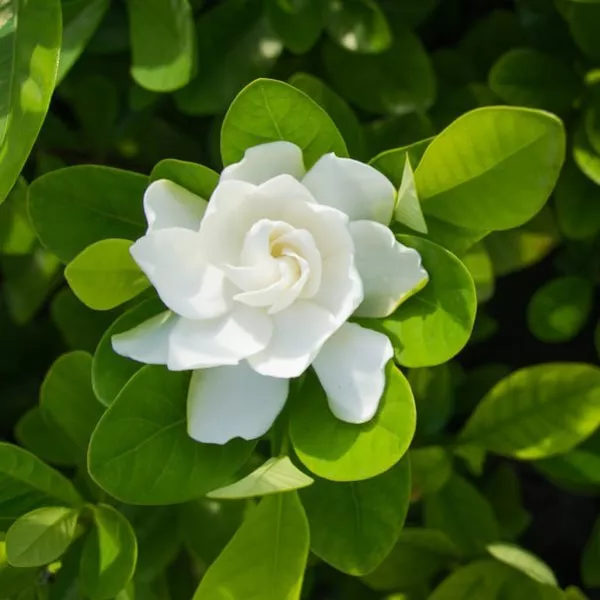In a surprising twist of fate, the catastrophic asteroid impact that led to the demise of the dinosaurs at the end of the Cretaceous period, roughly 66 million years ago, had an unintended consequence: it allowed flowers to flourish in a post-apocalyptic world. A recent study has shed light on how these delicate blooms not only survived but thrived in the wake of the asteroid’s devastation.
The impact of the asteroid on Mexico’s Yucatán Peninsula triggered one of the most significant mass extinctions in Earth’s history, known as the Cretaceous-Paleogene (K-Pg) mass extinction event. This cataclysmic event wiped out a staggering three-quarters of Earth’s species, including the complete annihilation of non-avian dinosaurs.
However, new research using sophisticated modeling techniques has revealed an astonishing revelation. Despite the widespread destruction, the major families of flowering plants, scientifically referred to as angiosperms, exhibited a remarkable adaptability that enabled them to withstand the catastrophic event and ultimately thrive in its aftermath. These findings were detailed in a study published on September 13 in the journal Biology Letters.
Lead author of the study, Jamie Thompson, a postdoctoral evolutionary biologist at the University of Bath in England, remarked on this significant discovery. “After most of Earth’s species became extinct at K-Pg, angiosperms took the advantage, similar to the way in which mammals took over after the dinosaurs, and now pretty much all life on Earth depends on flowering plants ecologically,” Thompson stated.
This unexpected outcome underscores the resilience and adaptability of angiosperms, which have since become a cornerstone of Earth’s ecosystems, shaping the planet’s biological diversity and influencing the survival of numerous species. In the aftermath of an extinction event that redefined the course of life on Earth, the emergence and flourishing of flowers stand as a testament to the remarkable capacity of life to rebound and adapt to even the most catastrophic of circumstances.


